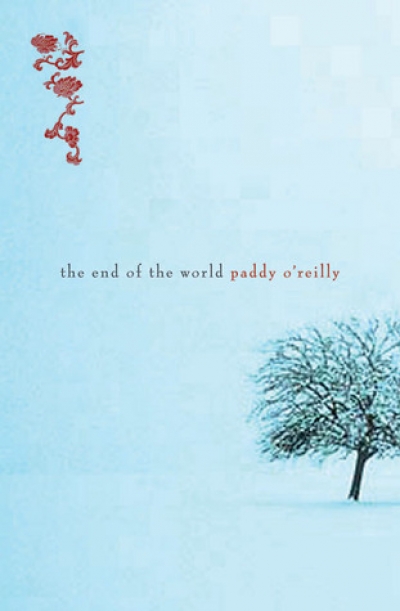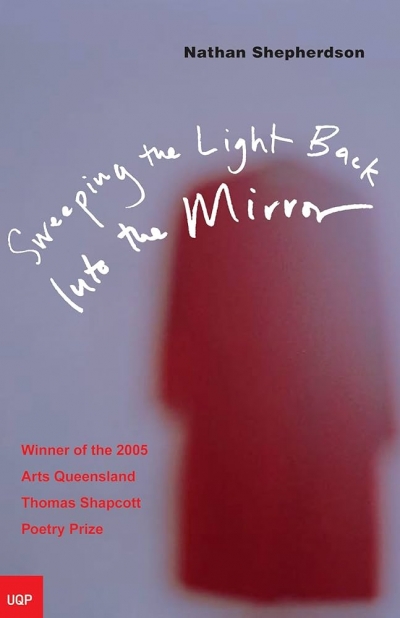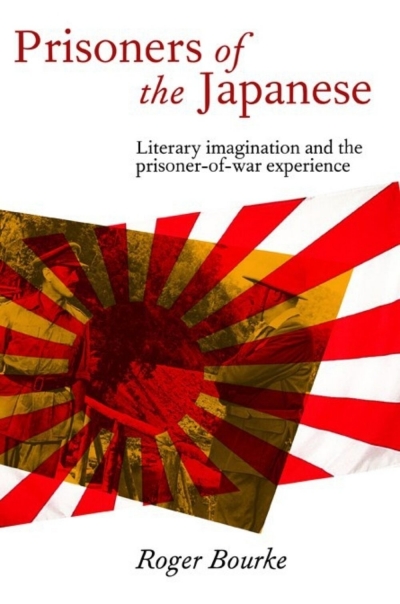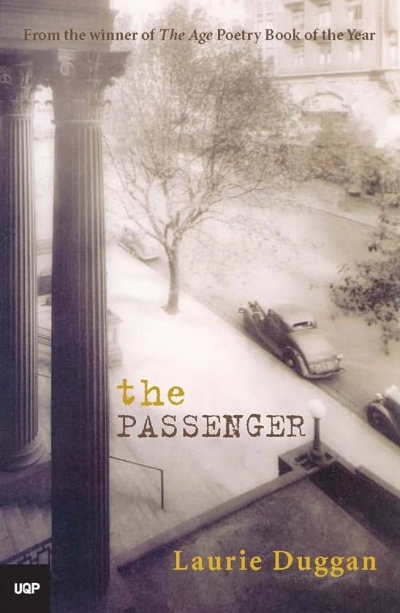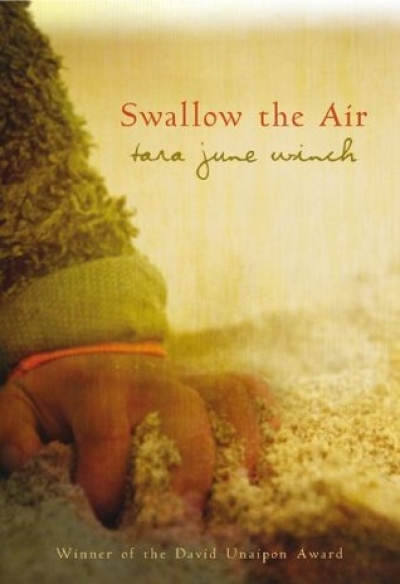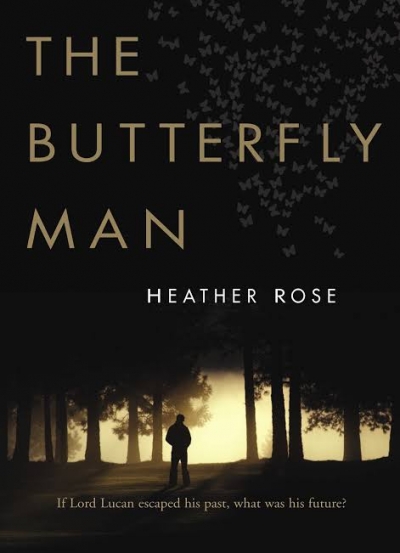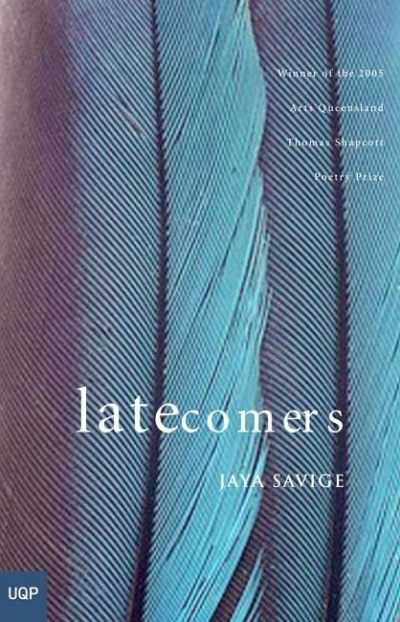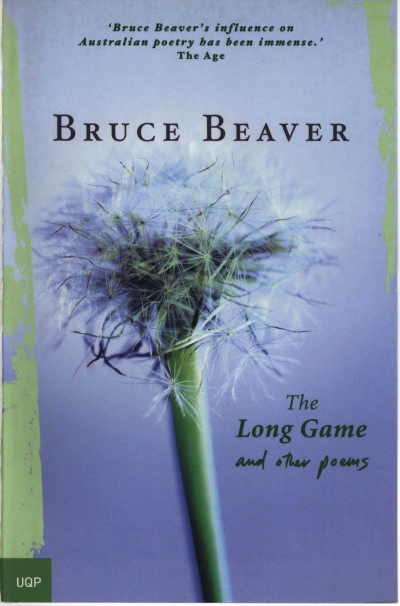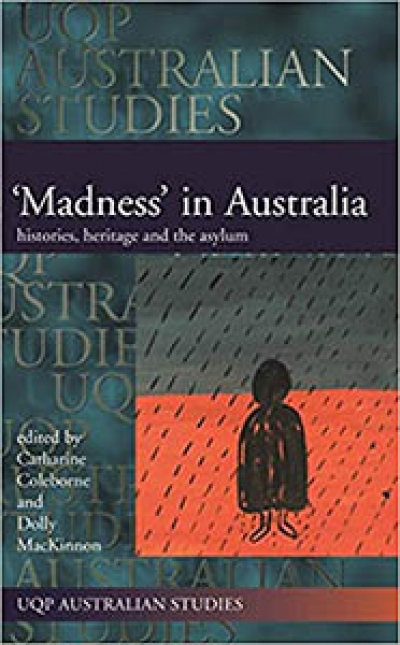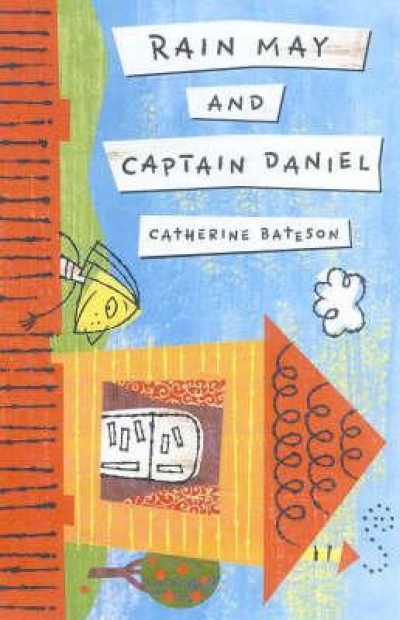There is burgeoning interest in the history of psychiatric institutions and services in Australia. Catharine Coleborne and Dolly MacKinnon’s ‘Madness’ in Australia now sits alongside Stephen Garton’s Medicine and Madness (1998), Milton Lewis’s Managing Madness (1988) and numerous articles on the subject that have been published in recent years in local journals of medicine and psychiatry. Perhaps this interest represents the desire to record for posterity the role of the asylum and older-style treatments in the care of the mentally ill in the wake of new, cutting-edge national mental health policies and agendas. Possibly, the fascination represents an unconscious, necessarily forlorn attempt to undo, through revisiting, some of the abuses of psychiatric methods in the past. Whatever the reason, one of the problems faced by a slim tome such as this is that mental health services in Australia, since their inception, have been characterised by an extraordinary level of complexity and diversity. To capture their essence in a small, multi-author volume, and to provide a coherent, integrated synopsis, as the editors might have hoped, is probably not achievable. If, however, we are to view ‘Madness’ in Australia with less aspiration – as a collection of essays devoted to different, often novel, aspects of asylums and institutions – then it becomes an absorbing and welcome addition to the literature and furthers our understanding of these grand edifices.
...
(read more)

